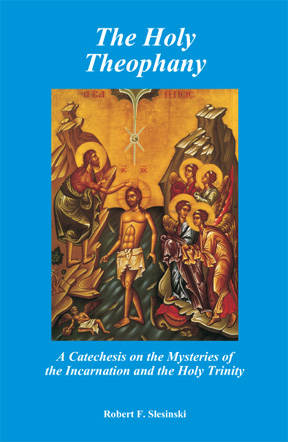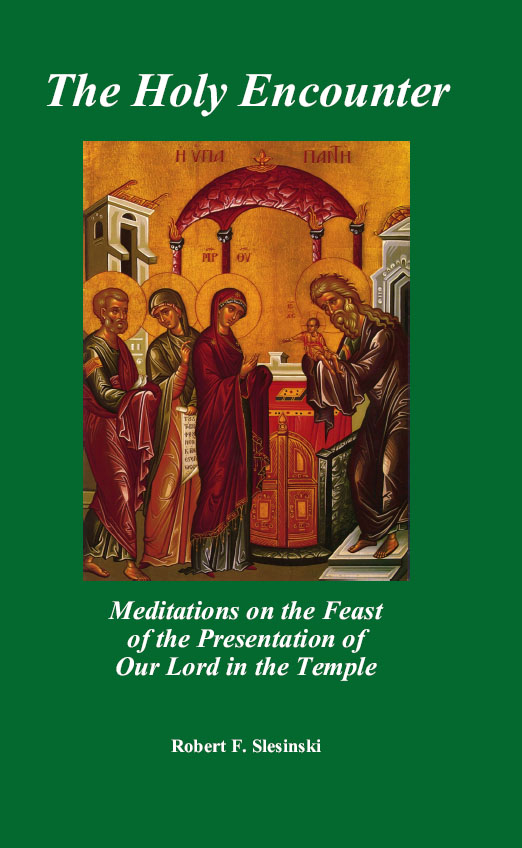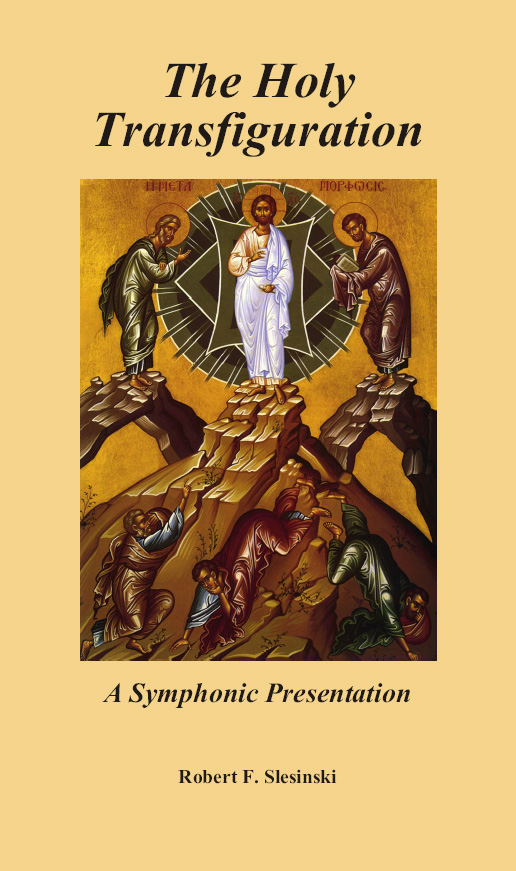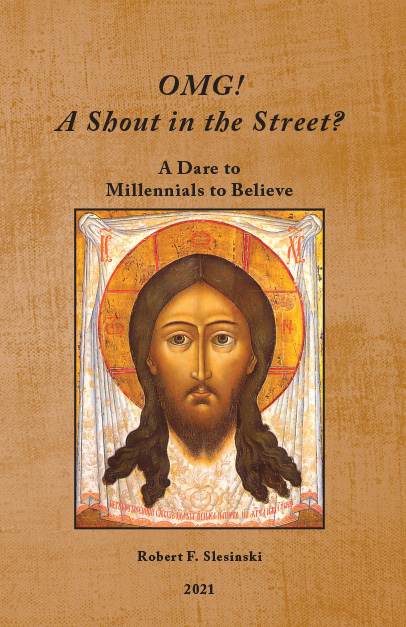I confess I have always found utterly tedious the supposed "debate" between something unhelpfully called "religion" and something equally unrevealingly labelled "science." But I know others for whom these "debates" are very real and live things, and I respect the scholarship they bring in service of such questions. A new book continues the scholarly exploration: Eastern Orthodox Christianity and the Sciences: Theological, Philosophical, Scientific and Historical Aspects of the Dialogue, eds. C. Knight, A. Nesteruk (Brepols, 2021), 210pp.
About this book the publisher tells us this:
Eastern Orthodox Christianity and the Sciences
is the second volume of a series exploring Eastern Orthodox Christian perspectives on the relationship between theology and science.
Orthodox Christian theology is based on a living tradition that is deeply rooted in Greek Patristic thought. However, few systematic proposals about how this theology can respond to questions that arise from modern science have yet appeared. This volume, consisting of eleven essays by different authors about how this response should be formulated, therefore represents a significant contribution to Orthodox thinking as well as to the broader science-theology dialogue among Christians. The variety of approaches in the essays indicates that there does not yet exist among Orthodox a consensus about the methodology that is appropriate to this dialogue or about how the questions that arise from specific scientific insights should be answered. Nevertheless, they indicate the ways in which Orthodox approaches to science differ significantly from most of those to be found among Western Christian scholars, and in this way they point to an underlying unity of perspective that is rooted in the Orthodox tradition.
We are also given the Table of Contents and its various sections:
General Aspects of the Dialogue between Orthodox Theology and Natural Sciences:
Christopher C. Knight, Tradition Seeking Understanding
Doru Costache, One Description, Multiple Interpretations
Sergey S. Horujy, Cosmic Liturgy, Orthodox Theology, and Integral Ecological Expertise
Philosophical Aspects of the Dialogue between Orthodox Theology and Science:
Alexei Nesteruk, The Dialogue between Theology and Science in View of an Irreducible Ambiguity in Hermeneutics of the Subject
Tatiana Litvin, Knowledge of God and Phenomenological Foundations of Religious Experience
Orthodox Theology of Nature, Ecological Insights and Bioethics:
Elizabeth Theokritoff, Orthodox Theology, Ecology and Science
Bruce Foltz, ‘The Lord Is in this Place, Yet I Did Not See It’
Gayle E. Woloschak, Reflections on Gene Editing Technology
Historical Aspects of the Relationship between Orthodox Theology and Science:
Adrian Lemeni, References of Father Dumitru Staniloae’s Thought in the Dialogue between Theology and Science
Kirill Kopeikin, Contemporary Russian Orthodoxy
Gheorghe Stratan, Orthodoxy and Future Science



